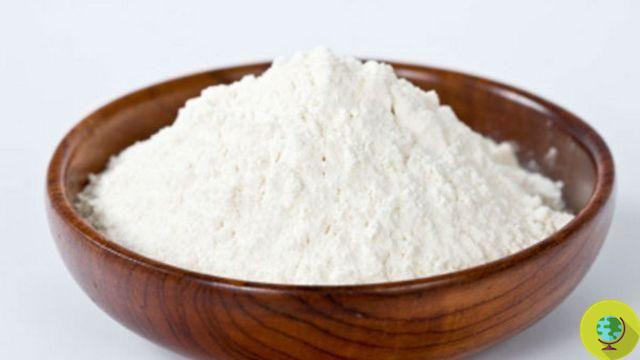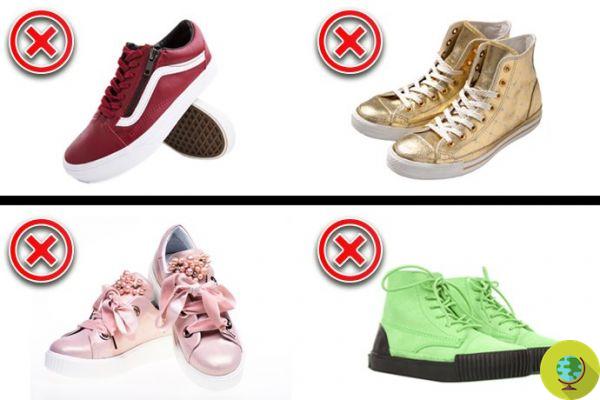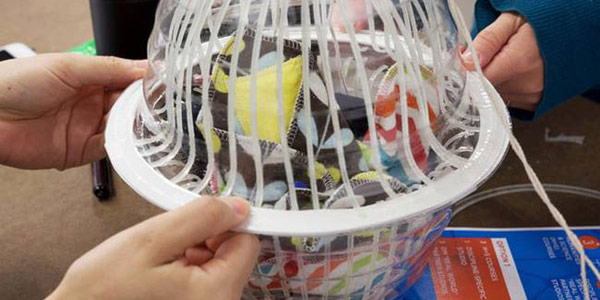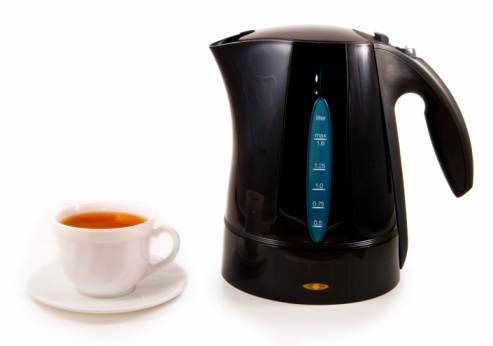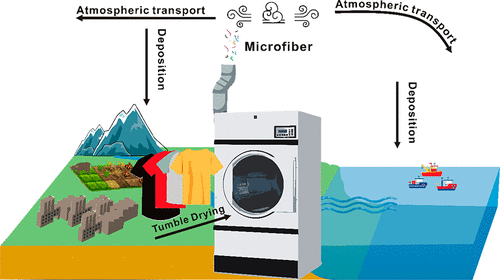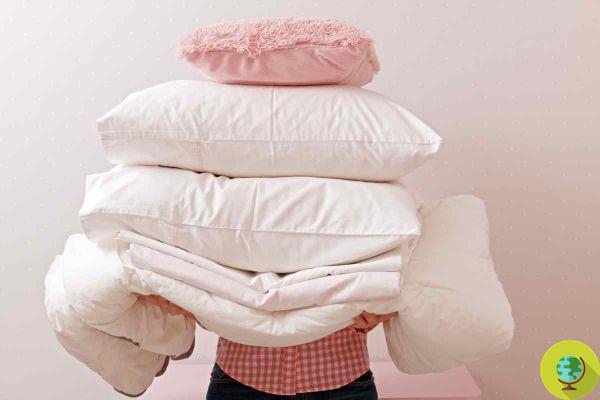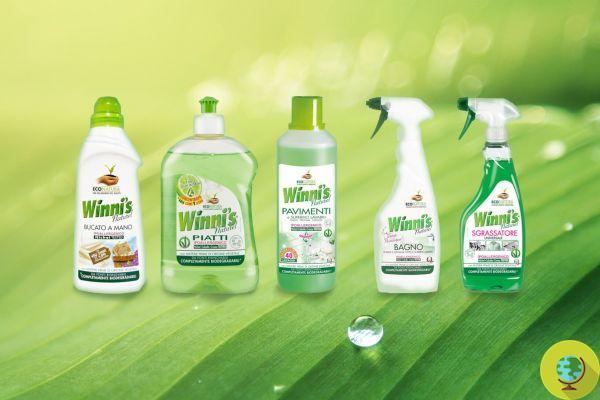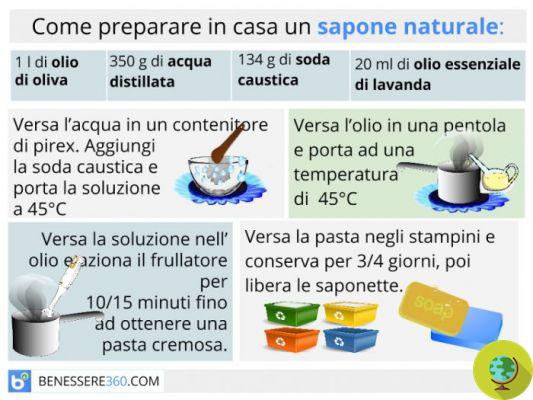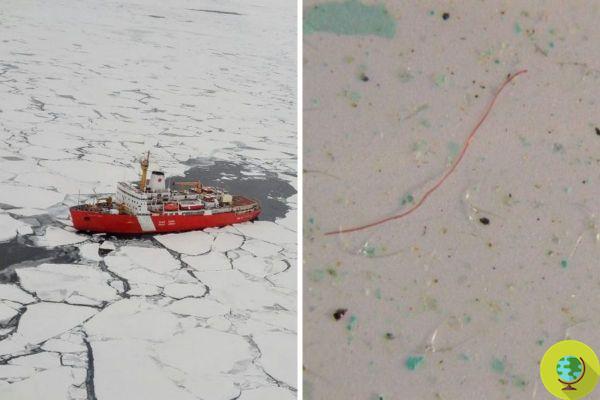
Not only industrial detergents, but also our clothes contribute to polluting the seas and oceans, if they are made with synthetic fibers obtained from plastic. Plastic microfibers could be one of the biggest contributors to increasing marine pollution.
He is about to end up run over, his mother saves him
Not only industrial detergents, but also our clothes contribute to defile the sea from the ocean, if they are made with synthetic fibers made from plastic. Plastic microfibers could be one of the biggest contributors to increasing marine pollution.
The presence of adults is sadly known by now plastic islands in the oceans, but perhaps not everyone knows that the pollution caused by plastics can be much more subtle, almost invisible. The source of some of these small plastic fragments, also called microplastics, is represented by microgranules present in personal care products, such as scrubs and toothpastes.
We already told you about it some time ago. Microgranules, as well as fragments of synthetic fibers, are too small to be effectively filtered and retained by purifiers. Our home laundry could be a major source of this type of pollution, especially if we often use clothes made from synthetic fibers made from plastic.
The environmentalist Mark Browne studied the microplastics in the coasts of 18 international sites and found that 85% of the accumulated synthetic materials were present with microfibers. Our dresses and our washing machines are among the biggest culprits of marine pollution?
Lo study of Browne has major implications for ocean conservation and the apparel industry. It seems that a single synthetic item of clothing can release about 1900 microfibers every time it is washed. If you multiply this figure by the number of synthetic garments that are washed every day in the world, you can understand the large amount of plastic microfibers that reach the waterways every year.
According to the expert, the first solution to the problem it should first come from the companies, which they should design synthetic fabrics that do not release fiber fragments during washing so easily. Browne sought support from companies, but sadly didn't find it. The organizations surveyed were disinterested and his fundraising efforts received very little support.
La second part of the solution is represented by the realization of best filter systems for both domestic washing machines and municipal purifiers. In his opinion, synthetic fiber particles can contaminate not only water, but also air and food. Browne has been delving into the matter and calling for change from companies for years, but with poor results. Now he has raised his appeal on Twitter. Will clothing companies finally listen to it?
Marta Albè
Read also:
My eco-clean house: here is our book dedicated to ecological cleaning and do-it-yourself detergentsPolluting microgranules in cosmetics: a proposal from the US to ban them Microgranules in toothpastes: US dentists find them in the gums of patients





